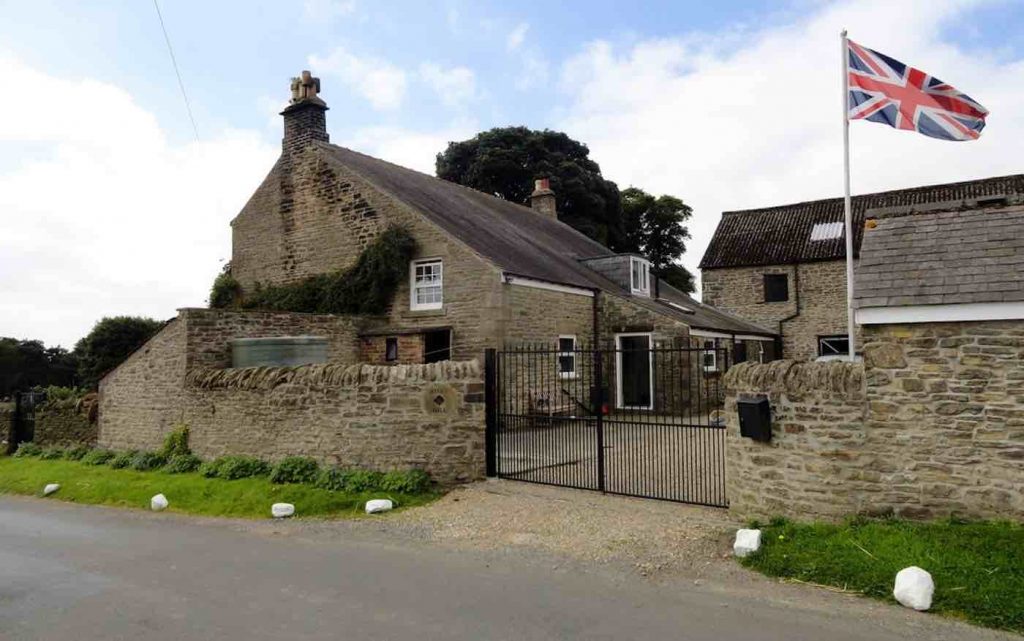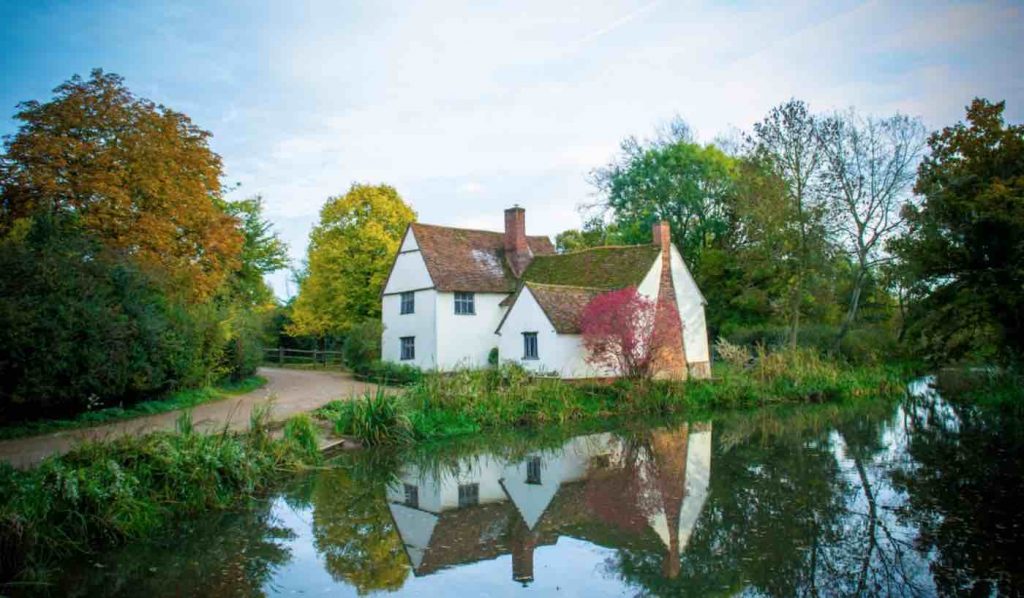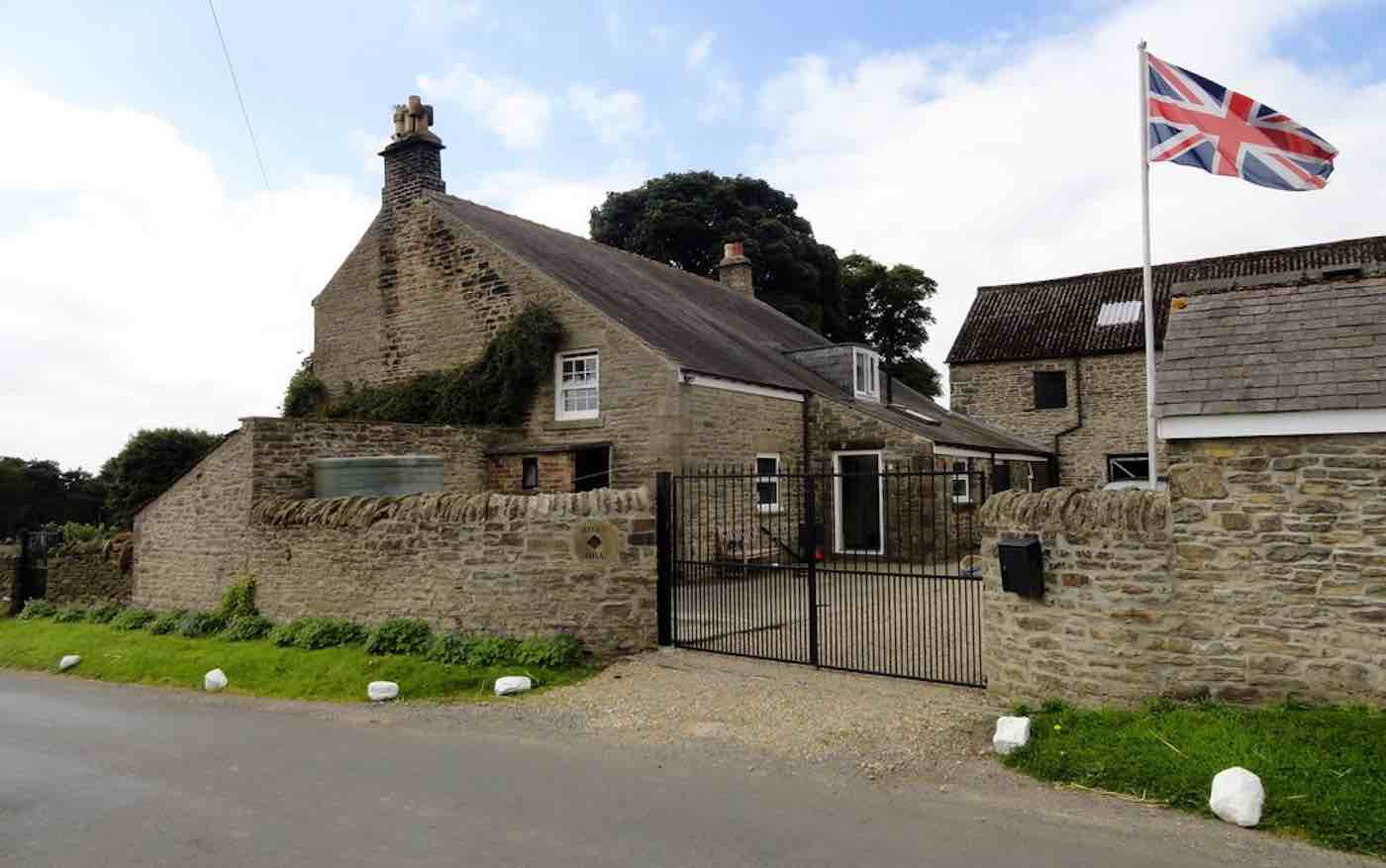As the UK prepares to leave the European Union, an ambitious new piece of agricultural legislation presented in Parliament last week is set to unleash an “agricultural revolution” that aims to restore forests and peatlands, wildlife and pollinator habit.
The lawmakers view the focus on ‘environmental and public goods’ as the best way to reform farm subsidies in the UK and Europe—giving 21st century goals a new seat at the table to replace the outdated EU ones that focus almost entirely on incentivizing production.
Much of this £3 billion ($3.9 billion) in annual UK agriculture spending will be refocused to help farmers take a little time away from food production to pause and focus on improving their ecosystems and the environment at large.
After the destruction Europe endured during World War II, farm subsidies were simple and direct. “It was just about production, it didn’t matter what you did to the environment,” Ian Bateman, an environmental economist at the University of Exeter tells Science Magazine.
RELATED: EU Approves Groundbreaking New ‘Right to Repair’ Laws Requiring Appliances to Be Easier to Fix
Erik Stokstad writing for Science details how land was being torn up by the plow all over the continent which led to massive soil erosion, and excessive use of chemical fertilizer and pesticides polluted rivers and coastlines.
While that post-WWII model still forms the basis for European farm legislation, the UK’s ambitious new plan aims to financially incentivize farms to provide “public goods” such as the tried and tested “payment for environmental service” (PES) model that has been so successful in countries like Costa Rica.
The new subsidies will be tested in England first, as the UK allows Northern Ireland, Scotland, and Wales to determine their own farm policy.

Getting Paid for Being Stewards of the Environment
The Department of Environment, Food, and Rural Affairs (DEFRA) in England plans to prioritize public goods with the new legislation while phasing out existing EU payment programs over 7 years.
The public goods that DEFRA has in mind would include payments for sequestering carbon, replanting forests, and aiding the recovery of pollinator species, likely by utilizing marginal land for planting pollinator-preferred species of flowers. Marginal land, the acreage around the perimeter of a field or paddock, is a prime place for this activity as it doesn’t impact yields, and adds beneficial microbial diversity to the soil while reducing erosion.
According to Stokstad, 33% of the current UK farm subsidies are diverted to activities that benefit local environments and the nation’s climate change goals. As things stand now these include activities like maintaining hedgerows and other habitat which Stokstad writes will be expanded upon.
CHECK OUT: This Tasty Seaweed Reduces Cow Emissions by 99%—and It Could Soon Be a Climate Gamechanger
Taking the example from certain UK water companies, DEFRA plans to use public auctions where farmers and land managers can bid for government contracts for PES opportunities. The water companies have been auctioning off PES contracts to farmers living and working around their major water sources to develop and manage land in ways that protect them, such as using less-harmful fertilizers and reducing runoff and soil erosion. “The impact has been amazing,” said Bateman.

In parts of England where farming is more difficult, certain producers like cattle and sheep herders rely more on the current form of direct payment subsidies than other farmers, and without them they may choose to move to other forms of production. Keeping this in mind, DEFRA has been looking at all manner of different PES opportunities for areas where ranching and herding are common, such as on moors and peatlands.
On peatlands, the potential for carbon sequestering in the soil is far greater than in forests, and so restoring and growing them, along with enhancing other landscapes and even restoring heritage buildings to help increase tourism, have all been hypothesized for utilization in some of the northern parts of the country.
MORE: Family Farms Use ‘Crop Mobsters’ to Prevent More Than 1 Million Servings Of Food From Going To Waste
The National Farmers Union, the United Kingdom’s biggest agricultural trade group, was concerned about the lack of emphasis placed on farmers to produce. Agreeing with the union, DEFRA will “take regard to the need to encourage the production of food by producers in England,” reads a clause in the final bill.
Satisfied, the trade union described the clause as a “robust starting point” to ensure the well-being of farmers who don’t have as many opportunities for PES on their land.
The rest of the UK, and—according to Alan Mathews, an agricultural economist at Trinity College Dublin—the rest of Europe will be watching closely.
“If it’s successful, that will be a very powerful argument for the Europeans to follow,” said Mathews.
Plant Some Positivity Amongst Your Friends By Sharing The Good News To Social Media…




















